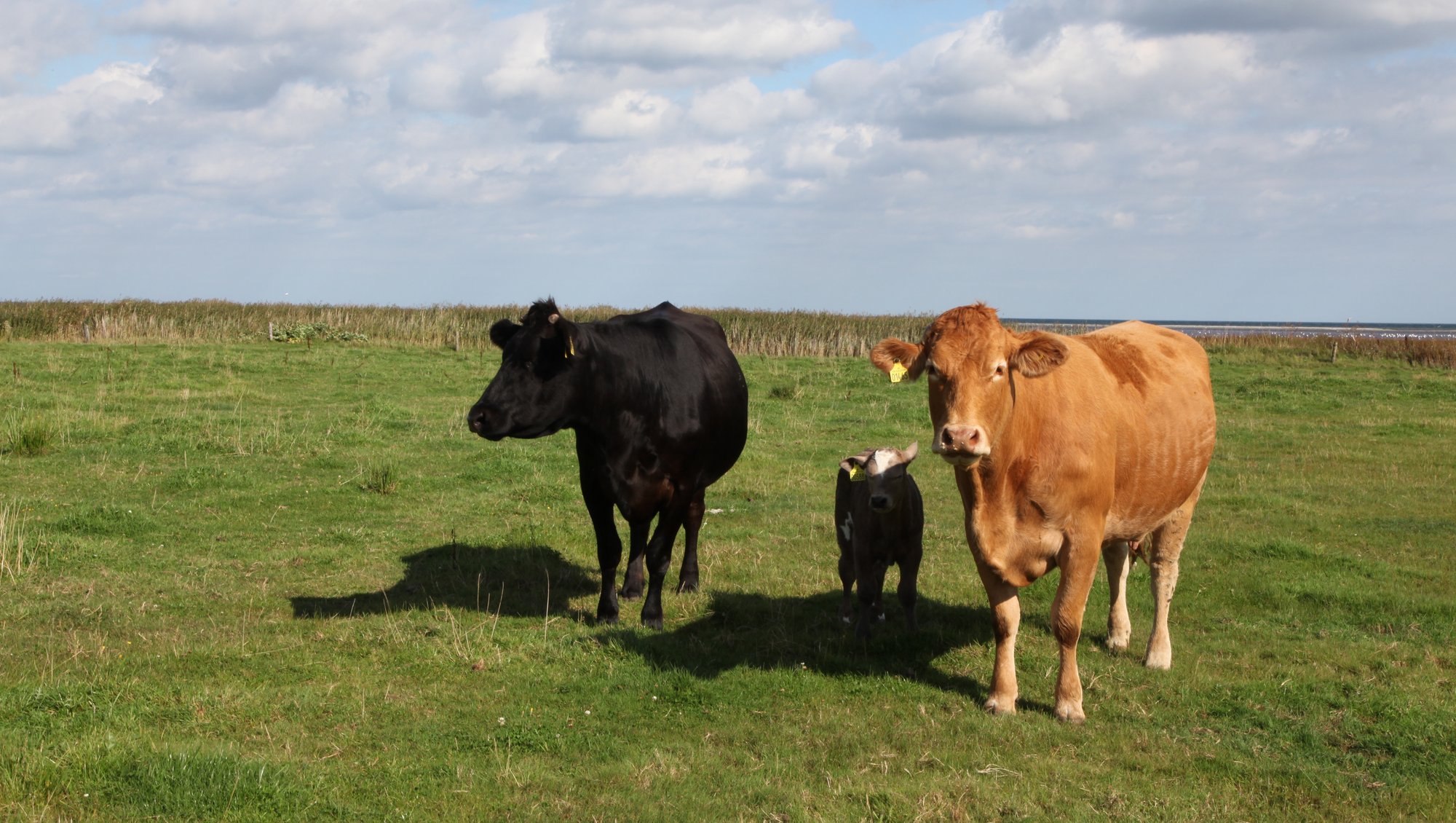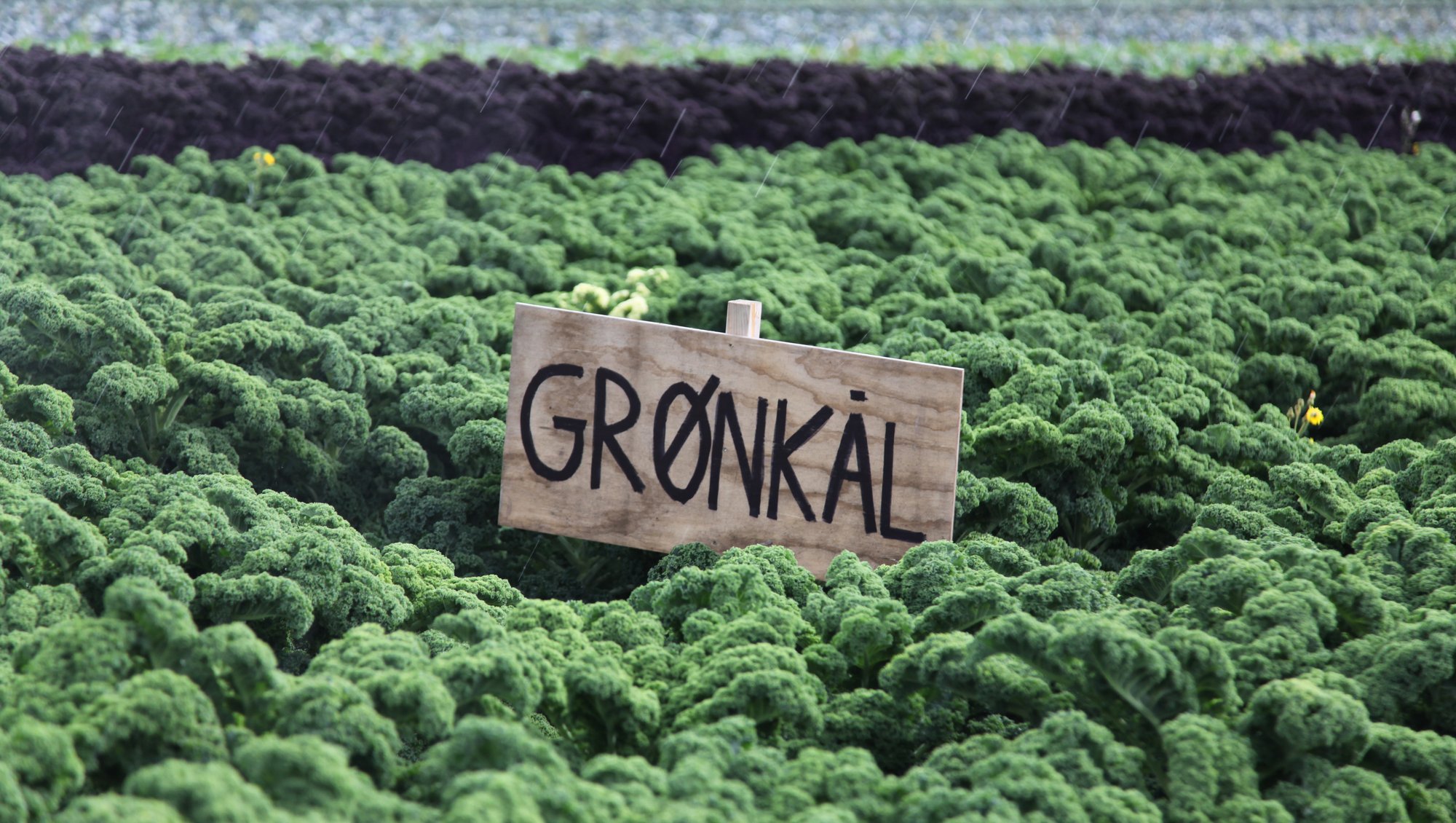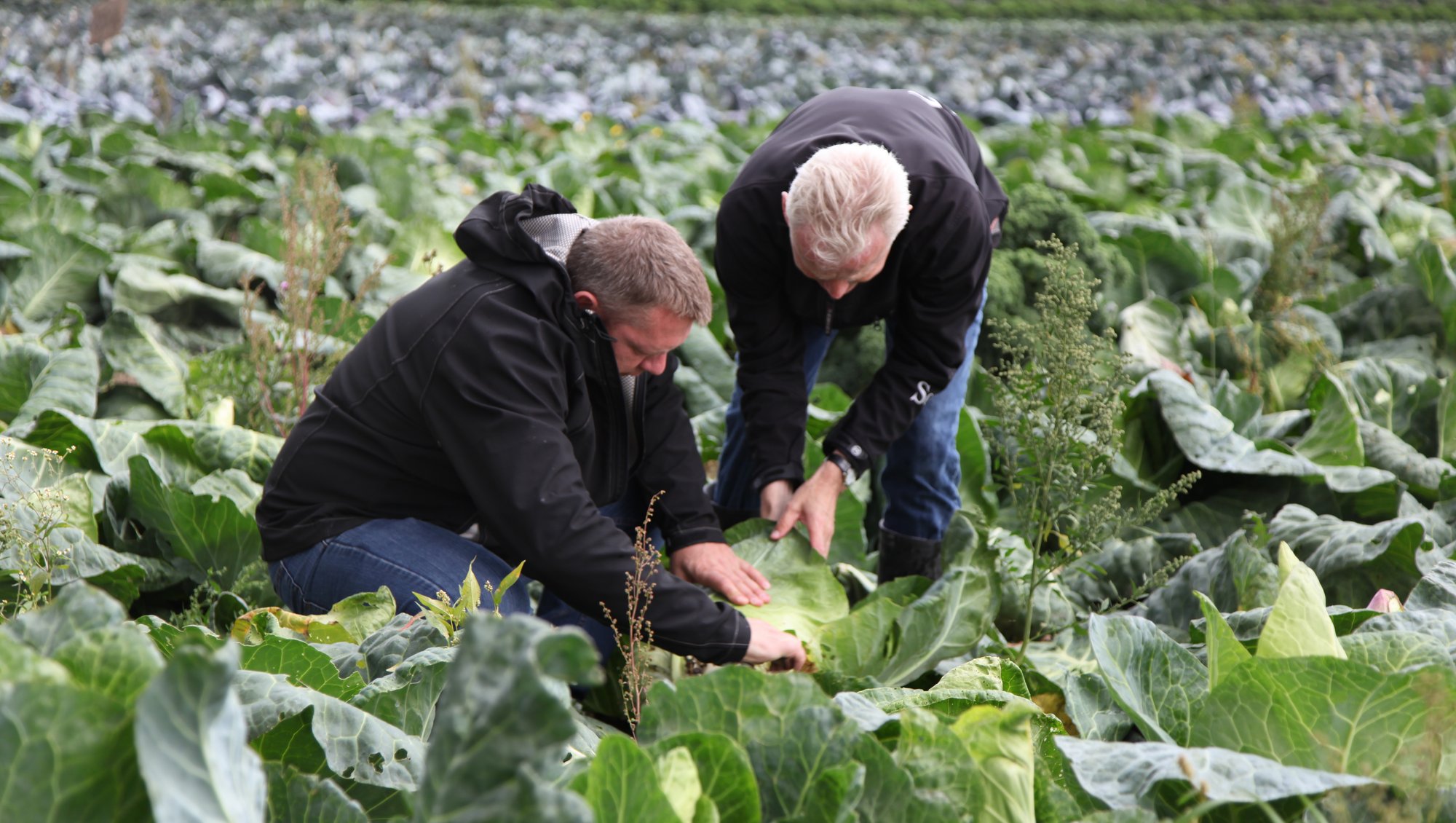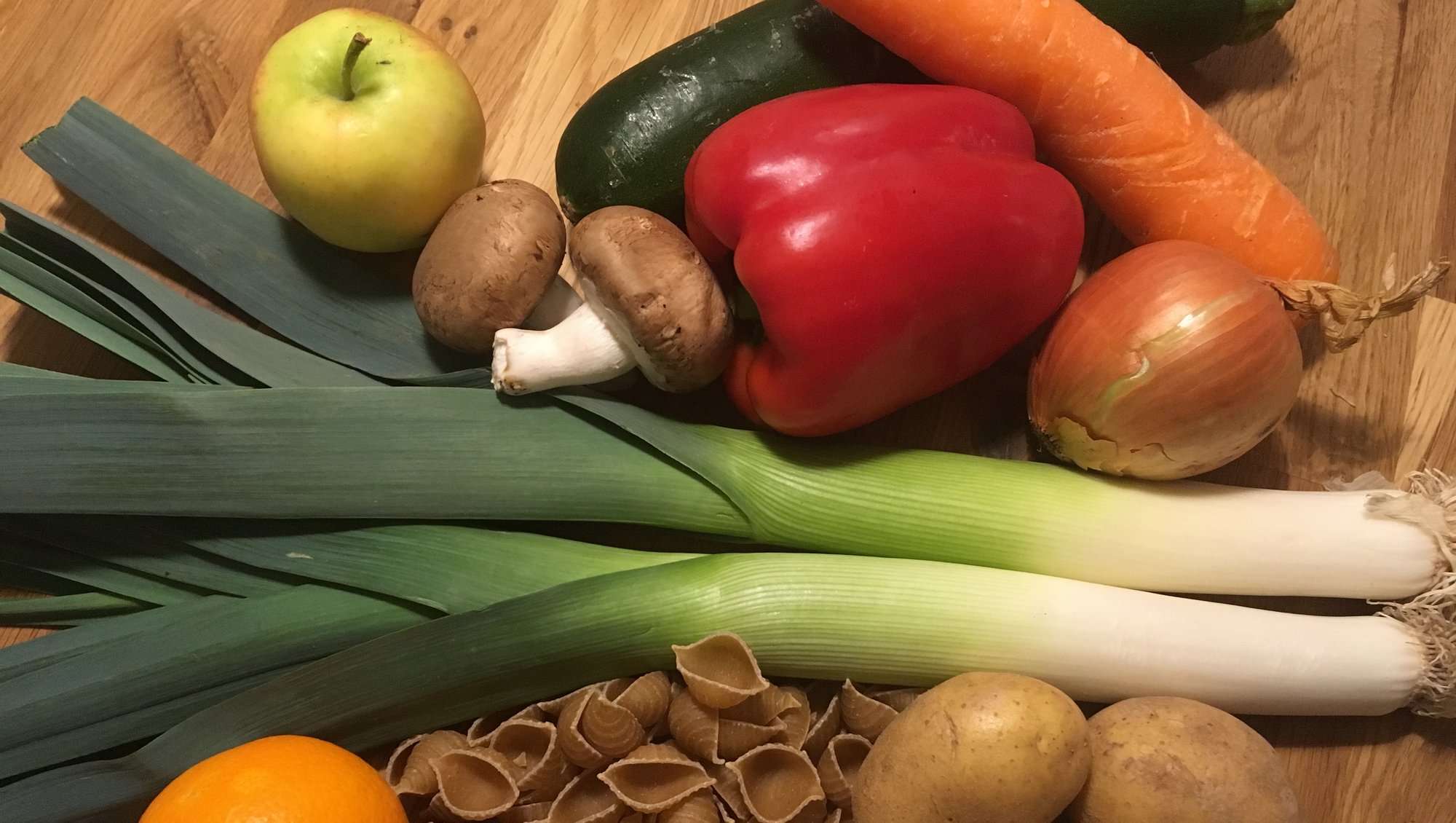SustainOrganic
SustainOrganic
Our dietary composition holds one of the greatest potentials for reduction of the climate impact of our food systems. In order to reach the climate goals in the Paris Climate Agreement and UN’s sustainability goals, it is necessary to optimize diet composition.
Organic food production can contribute to common benefits such as reduced use of pesticides, improved biodiversity, improved soil quality as well as employment and added value of production in rural districts.
The market, e.g. professional kitchens, demands climate friendly and sustainable food, but they don’t have instruments to do the calculations in relation to such aspects.
By including both the climate profiles and the environmental impact (such as biodiversity, pesticide use etc.) of foods, we can help optimizing the diet composition in catering centers and professional kitchens in relation to climate and environmental aspects.
Purpose of the project
The Organic RDD-project SustainOrganic brings focus on mapping the environmental impact of the most common foods, based on life-cycle assessments. Climate is an important part of the project, but additional aspects, such as biodiversity and pesticide use, are also included in the analysis. The purpose is to map the impact of organic food on the environment and to develop a documented guideline for sustainable composition of meals in professional kitchens.
SustainOrganic expects that the new overview and the increased knowledge, generated by the project, will stimulate an increased awareness about responsible food consumption. By means of a documented, sustainable frame of reference for diet composition, a real possibility for professional kitchens to optimize and document a sustainable food shopping will arise
Project period: 2019-2022
Project leader

Marie Trydeman Knudsen
Aarhus University
Blichers Allé 20, Postbox 50, DK-8830 Tjele
+ 45 87 15 79 58
mariet.knudsen@agro.au.dk



